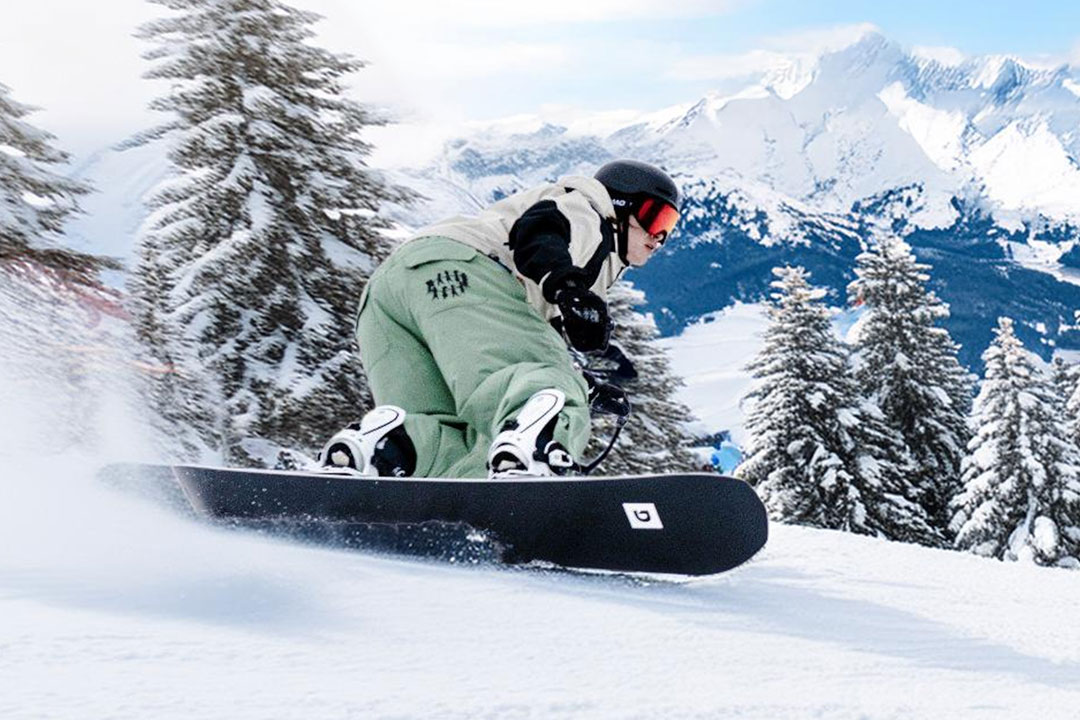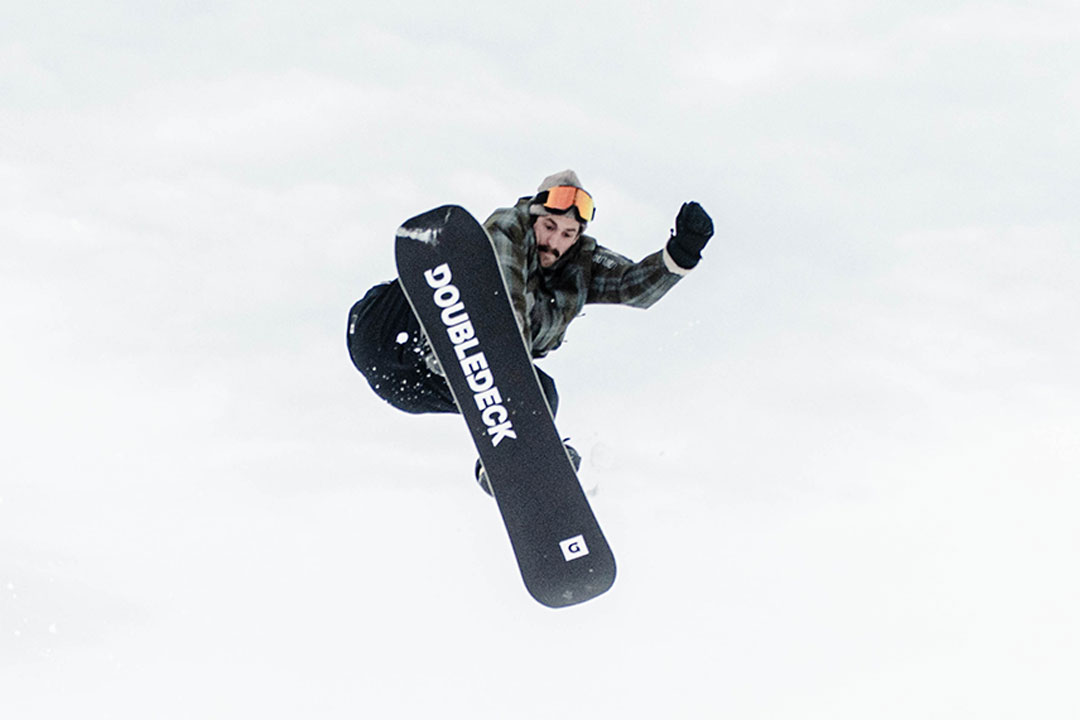Show Manufacturer Information
Company Name: Doubledeck Snowboards GmbH
Address: Oskar-Sembach-Ring 30, 91207 Lauf an der Pegnitz
Email: info@doubledecksnowboards.com
Website: https://doubledecksnowboards.com
Phone: 49 (0) 9123 8089526
Contact Person: ANDREAS KRAMER


SRS - SUPERSLIDE RAIL SYSTEM

CPS - CONVEX PRESSURE SYSTEM

ICS - INVERSE CONCAVE BENDING SYSTEM
The Inverse Concave Bending System (ICS) from Doubledeck Snowboards combines exceptional edge grip with impressive torsion. Thanks to the specially shaped wood core, which is thinner in the centre and thicker on the sides, the board can be twisted by up to 45 degrees. This ensures effortless turn initiation, smoother riding behaviour and more forgiving handling - without compromising on edge grip.
Freestyle Snowboards
Freestyle snowboards are usually designed softer for boxing over rails or kicking in fun parks. They are also slightly shorter in length, which makes them suitable for beginners. For those who like to ride big kickers, freestyle boards with a higher degree of hardness offer more control, but require advanced riding skills. Mostly, freestyle boards are offered in a twin shape. Tip and tail are identical and the bindings are positioned exactly in the middle, so that backward and forward riding are equally well possible.
Medium
The flex of a snowboard describes how hard or soft the snowboard is. The right flex depends on your individual ability. Medium snowboards are suitable for advanced snowboarders as they offer more support and are suitable for all piste conditions. They are in the golden mean between forgiving and aggressive. This gives them a certain hardness that controls the edges when carving, but they are not too stiff for freestyle tricks and slopes. In short: they are perfect for all-mountain adventures.
Directional Twin
In terms of the symmetrical shape of the board, a directional twin looks just like a classic twin. However, if you look at all the other aspects that play a major role with twin boards, you can see the underlying differences. First of all, directional twins often have a set-back. This means that the bindings are attached further back on the board. So you are not centered, but closer to the tail. In addition, the flex strengths towards the tip and tail can also be different. A directional twin is the perfect board for anyone who likes to do a few turns on the piste between park runs.
WAREHOUSE ONE BLACK WEEK
Spare jetzt für kurze Zeit 15% auf Deinen Einkauf mit Code 15BLK22 weitere Infos hier






